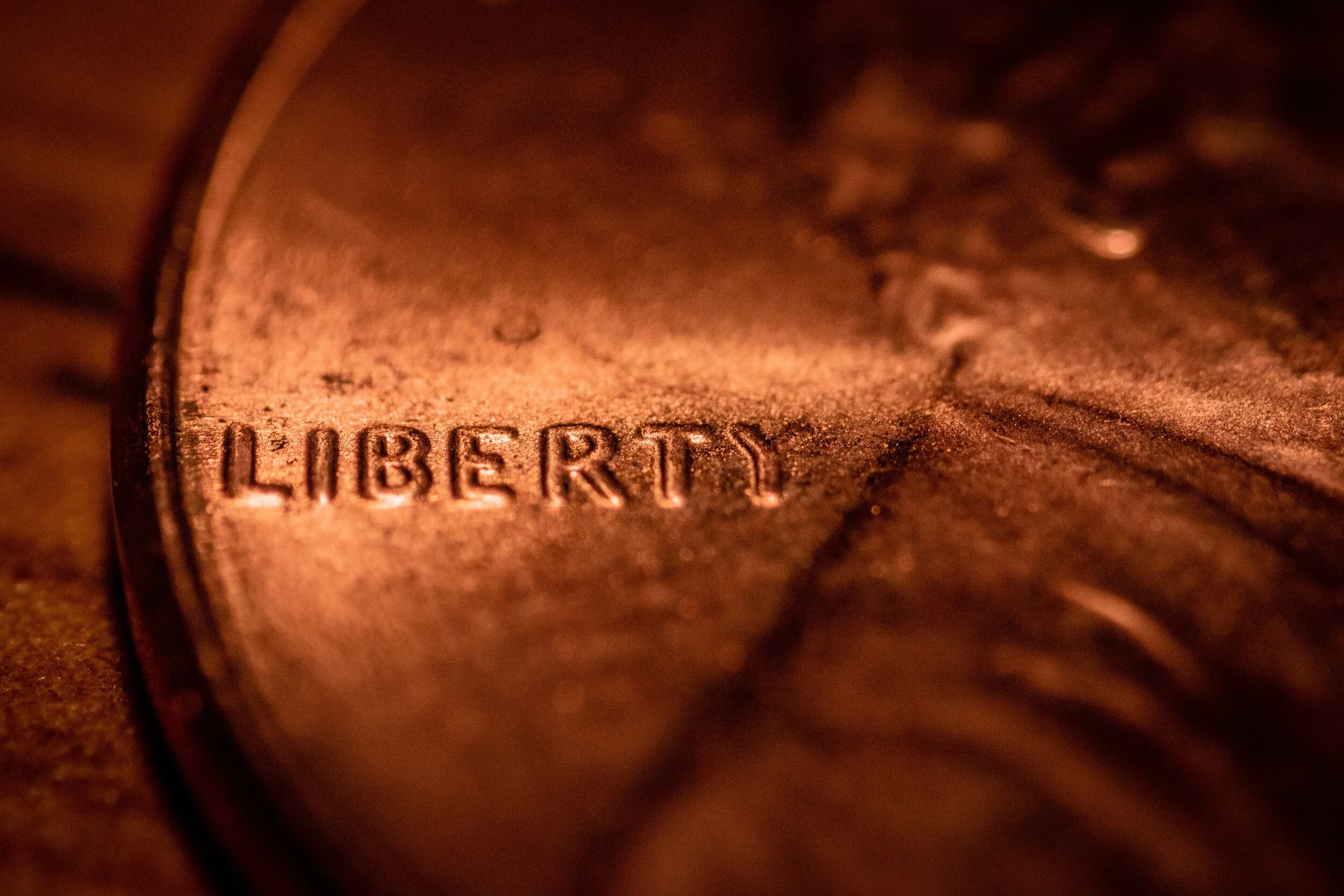Will the Real Commander in Chief Please Stand Up?
“The important thing is the presidency," Nixon continued. "If need be, save the presidency from the President.”― Bob Woodward, The Final Days
A lesson learned from the last four years is the power of the American Presidency. Few leaders of democracies have as much command and control over the foreign and domestic destiny of a country.
The President determines our future, that of our children and grandchildren and the fate of nations.
It is especially critical in the age of the internet where facts, ideas, feelings, and private and political choices are made in nanoseconds.
What are the roles of the President of the United States?
Chief of State: ceremonial head of the country.
Chief Executive: holder of the executive power.
Chief Administrator: leader of the Executive branch of the Federal Government responsible for enforcing laws.
Chief Diplomat: main architect of American foreign policy and the nation’s spokesperson to the world
Commander in Chief: supreme leader of the armed forces
Chief Legislator: main author and architect of public policy
Chief of Party: leader of his or her political party
It is the closest we come to an American monarch. The term, Commander in Chief, is often used to represent these broad powers.
The Office is more than an institution. It embodies the feelings of the people. It may be more important than the Congress or the Supreme Court because it is where the public identifies with and is the only official elected by all.
The President is a symbolic leader who holds the hopes and dreams of our land in his or her hands.
Selecting the Commander in Chief is a matter of life or death, success or failure, peace or war, poverty, or prosperity.
For this reason, those who seek this office must be held to a higher standard. They must have qualities we, as a people, insist upon. If not, we risk suffering, chaos, and turmoil.
The United States’ experience in selecting a President is a guide for modern democracies and people who cherish freedom.
With all its flaws, it is still a standard of liberty.
History shows the significance of leadership. The decision of whom we put at the helm of our country must be made intelligently and carefully and must be made by us, the voters.
This election is as critical as that of any in history.
What characteristics should we demand of leaders of freedom-loving nations that endeavor to provide opportunities for all in an atmosphere of justice and liberty?
She or he should: [1]
Have good character, first and foremost. It consists of honesty, ethics, courage, fortitude, loyalty, respect for others, a sense of responsibility, caring and clear expressions of good citizenship.
Be courageous in making decisions that are for the common good.
Strive for personal and professional growth through humility, empathy, and adversity
Exhibit self-confidence and surround themselves with talented, dedicated people.
Work to motivate and inspire followers.
Create a culture of respect for others and their opinions, ideas, and ideals.
Take responsibility when things go wrong and give others credit when all goes well.
Avoid revenge and concentrating on past slights or wrongs.
Develop direct connections with people and is approachable and open to talk and listen.
Use stories to communicate and convey messages with the means of the times.
Have strong emotional intelligence and controls emotions and avoids negative feelings.
Have an innate curiosity and love of learning.
Know how to relax and replenish their energy.
Transform personal ambition into what is best for the greater good.
No leader will have all these qualities.
Regardless, we have a duty to select someone who comes as close to the ideal without the illusion that saints sit in the Oval Office.
They do not.
At the same time, we cannot tolerate habitual sinners controlling the apparatus of the most powerful country on the planet.
Examples of effective Presidential leadership abound.
Abraham Lincoln was humble, honest and decisive. He had a love of learning. Lincoln knew his limitations and was self-confident enough to talk about them. Theodore Roosevelt showed strong emotional intelligence. He was energetic, enthusiastic and accomplished in politics, diplomacy, literature and history. Franklin Roosevelt was superbly eloquent and created a Brain Trust to lead us through the Great Depression and World War II. Harry Truman was decisive with a powerful sense of responsibility. He was not afraid to make difficult choices. John Kennedy projected a vision of tomorrow. He planned the American space program with the goal of a man on the moon. Ronald Reagan was a splendid communicator. He showed emotion, compassion and humanity at the loss of the Challenger space craft. Barack Obama showed character. He fought to reduce our dependence on arms, even though he knew he would lose the struggle in the Congress. It was the principle and example that mattered.
Courageous Presidents fight for the right cause, even if it is the wrong time.
As we choose our next Commander in Chief, let us flash back to those who held us and themselves to a higher standard.
If we do not learn from history, we are doomed to repeat it. George Santayana
Emilio Iodice is Director Emeritus of Loyola University Chicago’s Rome Center and author of the new book: The Commander in Chief: The Qualities Needed of Freedom-Loving Nations in the 21st Century, Lessons from American Presidential History
[1]Doris Kearns Goodwin, https://www.edsurge.com/news/2019-03-20-doris-kearns-goodwin-s-10-leadership-lessons-from-the-white-house
